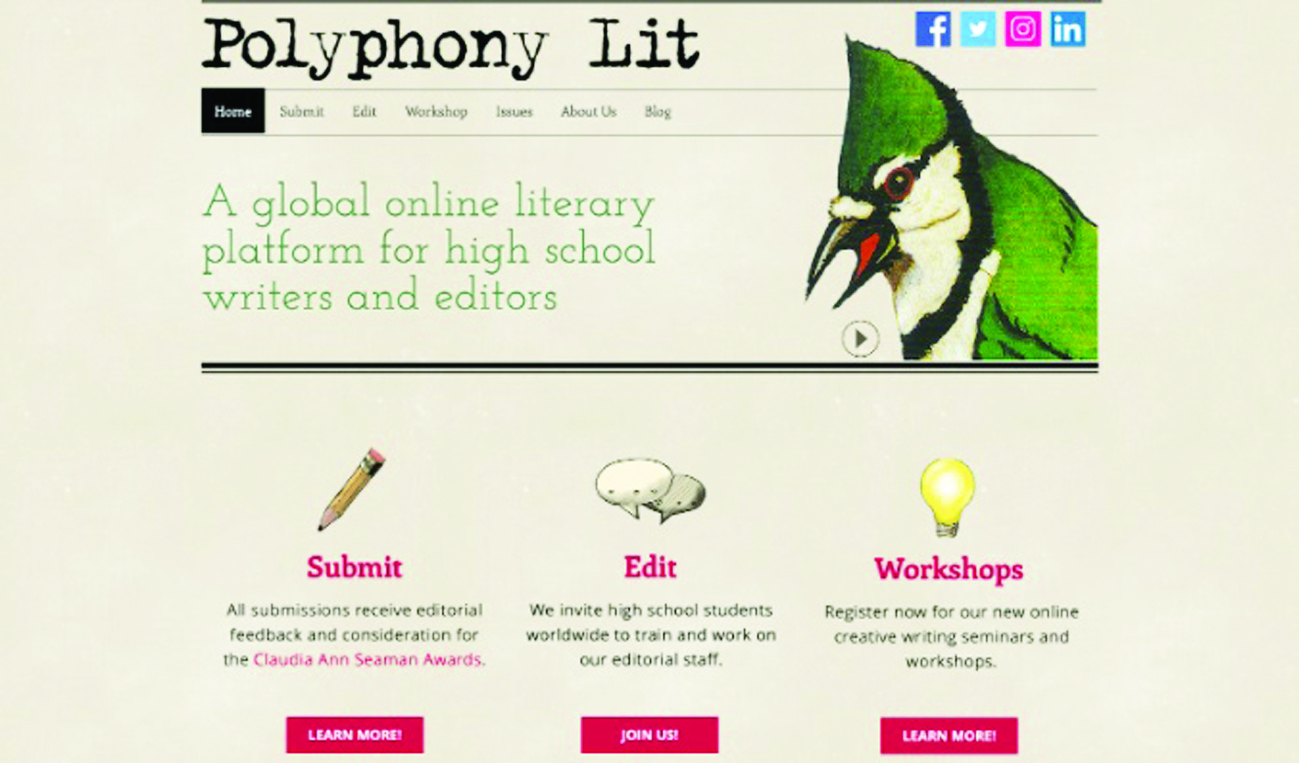The hardest part about editing, for me, has never been the decision that comes with it. To publish or reject, to accept or decline?with a few tough exceptions, all of that seems to be pretty obvious once you’ve gotten the general sense of the publication’s specific standards. Each magazine or journal is different, but once you’ve hung around long enough, you’ve basically gotten the eye for what’s good and what’s bad. At least, subjectively speaking.
No, the hard part has always been what editing demands out of you. It requires you to become intimate with every new piece you receive; to become familiar with all of its strengths and weaknesses; to understand the work completely and without question. This takes a lot of time to do, and by the end of the process, it can be difficult to extricate yourself from the piece. The final decision is usually obvious, but the ability to reject something you’ve spent so long reading, even if you know it’s not up to par, is something that doesn’t come easy.
Still, even in spite of these challenges, I wouldn’t give up editing for the world. I’ve spent almost two years now as an editor for the literary magazine Polyphony Lit. It’s an experience that’s certainly been a major time commitment, requiring me to read over and write extensive commentary for student-written work from all around the world. But it’s also something that’s made me, I believe, a better writer. In getting to know literature in such an in-depth way, I have taken just as much from my time as an editor as it has taken from me.
Case in point: my personal writing style has definitely matured over these past two years as an editor. I come across a lot of different forms of writing, from the deceptively simplistic to the beautifully rich and descriptive. I like to think that in reading so much student work, I’ve gained a bit from each. I’ve seen what works really well, and what works maybe not as much. I’ve seen the most unique of approaches?techniques and forms of imagery I’d like to employ myself?and some more vague forms of description I’d like to avoid. It’s an enlightening experience, to come into contact with this wealth of diverse styles.
I’ve also gained a better understanding of what exactly makes a piece of writing tick. Analyzing writing means reading it through every possible lens and every different angle. It means interpreting the piece’s meaning and trying to uncover its underlying themes through inference and guesswork. It means paying attention to the little things. Oftentimes, a reader’s perception of a piece will be determined by minute connotations; by slight variations in word choice or a particularly evocative metaphor. Seeing this in others’ writing has also awakened me to it in my own. What makes a good poem or short story? I haven’t all the answers, but being an editor has certainly helped me to piece them together.
As a graduating senior, I’ll have to leave Polyphony Lit, which exclusively hires high school students as readers, by the end of this year. Still, editing will always have provided me a window into another way of looking at literature. And I’ll certainly be looking for future opportunities in this demanding field.

